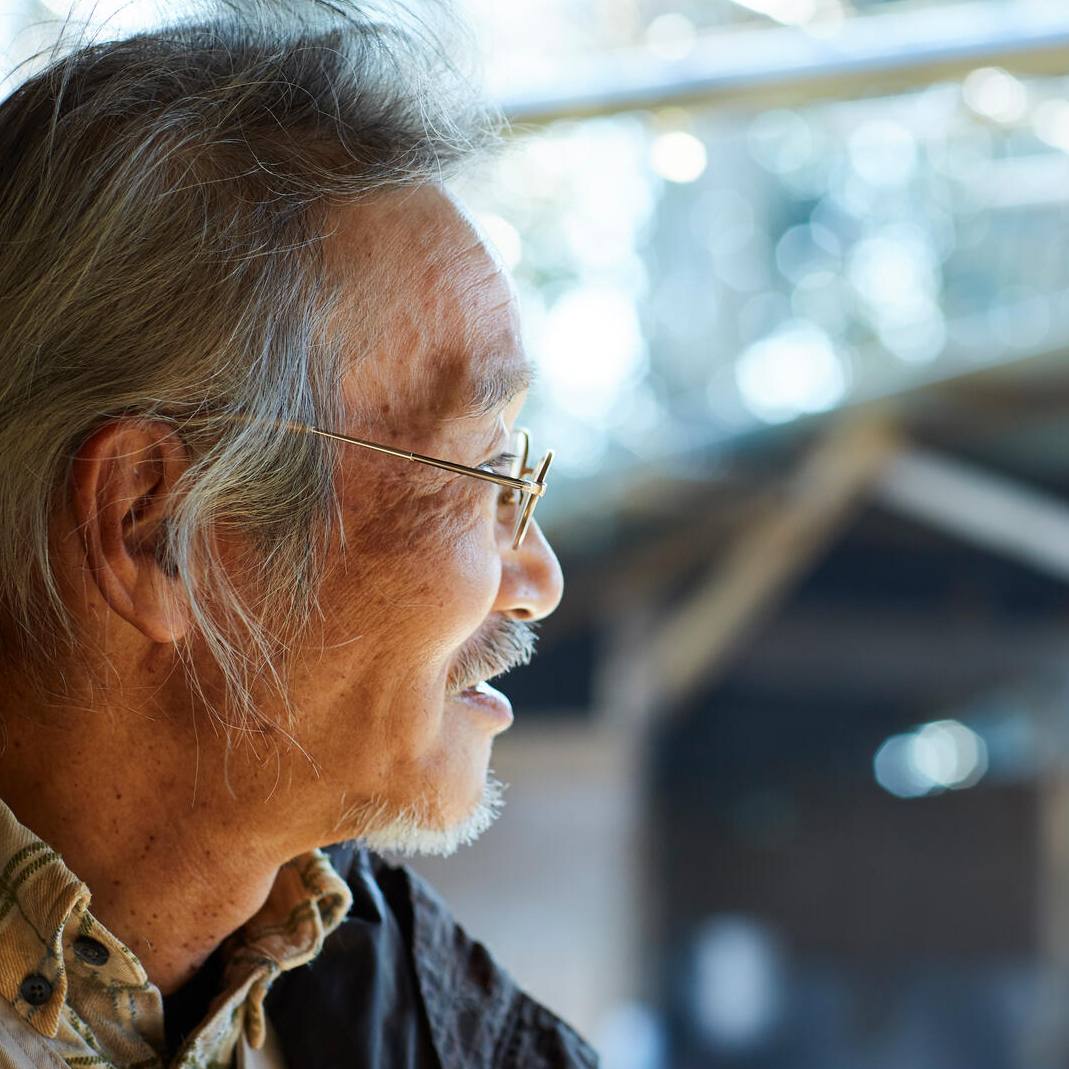-
Mayo Clinic Q and A: Fibroids and pregnancy

DEAR MAYO CLINIC: I'm 24, single and looking forward to having a family one day. I was recently diagnosed with fibroids. What treatment options would allow me to have a baby in the future?
ANSWER: Fibroids are noncancerous masses made of muscle that grow within the uterus.
While fibroids are common — they are present in over 75% of women — most people don't have symptoms or pregnancy problems due to fibroids, and everyone does not need treatment.
Fibroids are classified in three main categories based on location:
- Subserosal fibroids
The fibroids grow on the surface of the uterus. They are the least likely to affect your ability to get pregnant since they are outside the womb, or endometrial cavity. - Intramural fibroids
These fibroids grow within the wall of the uterus. They can make it more difficult to get pregnant but only if they get large and start to push into or distort the endometrial cavity. - Submucosal fibroids
These fibroids grow within the endometrial cavity, which is where a developing baby would grow. Studies show that these fibroids can make it more difficult to get pregnant and might be a risk factor for having a miscarriage.
For some people, fibroids can cause heavy or prolonged periods or bulk symptoms if they are large. Bulk symptoms include pelvic pressure or heaviness, urinary frequency, difficulty passing bowel movements, or feeling full constantly. Occasionally, fibroids can make it harder to become pregnant or stay pregnant, and sometimes fibroids can cause problems during pregnancy or delivery of the baby.
A greater number of fibroids, larger fibroids, and submucosal fibroids have been shown to have the biggest effect on women trying to get pregnant. Having large or numerous fibroids can cause issues during pregnancy like pain, excessive bleeding, preterm delivery, or needing a cesarean section. Seeing a fibroid specialist can help you understand if your fibroids will be a problem in a future pregnancy and what treatment options are available.
Options for treating fibroids include:
- Medications can be used to treat heavy periods due to fibroids, and a couple of medications can temporarily shrink fibroids. Most of these medications will prevent pregnancy while you take them, so they are not meant for people trying to conceive. Medications are good if you have bothersome symptoms and you don't want to get pregnant right away.
- Myomectomy is a surgery where the fibroids are removed from the uterus. A myomectomy can be performed through the vagina or abdomen, either laparoscopically (through small incisions the width of your fingertip) or a "bikini" or C-section type of incision. Having the surgery performed vaginally or laparoscopically is safer and less invasive than having it done through a large incision, but the route of surgery depends on the size, location and number of fibroids. Outcomes also are better when surgery is performed by a fibroid specialist. A myomectomy has been shown to be safe and effective for women who want to get pregnant in the future, though some people will need to have a C-section if they get pregnant after the surgery.
- Uterine fibroid embolization, also known as uterine artery embolization, is a minor procedure that blocks the blood supply to the fibroids. This makes the fibroids smaller and decreases menstrual bleeding. While the uterus is not removed, studies show more pregnancy complications for women who get pregnant after this procedure.
- Radiofrequency fibroid ablation is a surgery where a device is inserted into the fibroid to destroy the tissue with heat. It can be performed through the vagina or laparoscopically. Like embolization, this procedure may affect future pregnancy. While it's not yet known if it is safe for people to get pregnant after having a fibroid ablation, this is being researched.
- MRI-guided focused ultrasound uses energy through the abdominal wall to thermally destroy the fibroid while preserving the uterus. Because only a few centers in the country offer this treatment, it is not well-studied. Therefore, it's not known how safe it is to get pregnant after this procedure.
- Endometrial ablation is a minor procedure to decrease heavy period bleeding using a device inserted through the vagina that burns and destroys the lining of the uterus. Pregnancy is not recommended after this procedure.
All the treatments noted above do not remove the uterus, so it's possible for new fibroids to occur in the future. For some patients with significant fibroids, a hysterectomy is the best option. In this surgery, both the uterus and fibroids are removed to prevent fibroids from coming back and eliminating menstrual bleeding forever. While a hysterectomy does not cause menopause, getting pregnant is impossible after a hysterectomy because the uterus is removed.
While it's possible for some fibroids to affect your ability to get pregnant or cause problems in pregnancy, fibroid specialists can guide you through your treatment options and help you achieve a healthy pregnancy and long-term quality of life. — Dr. Michelle Louie, Surgery, Mayo Clinic, Phoenix
****************************
Related Articles
- Mayo Clinic Q and A: What are fibroids? published 5/25/22
- Mayo Clinic Minute: Can uterine fibroids affect pregnancy? published 5/11/22
- Women’s Wellness: Uterine fibroids are common noncancerous growths published 10/16/20
Related Articles







